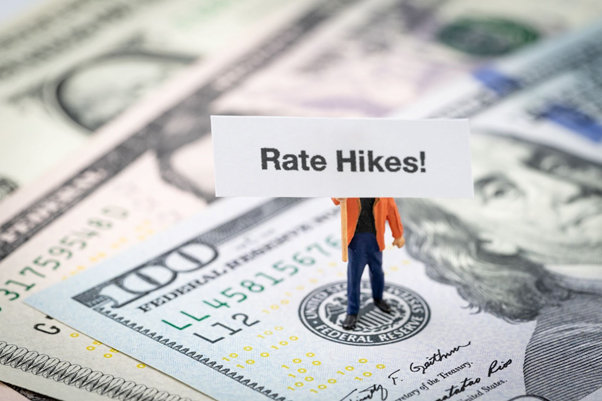California Attorneys Face Fee Hike in 2024

Bar Association’s Financial Struggles and Deficit Projections
The State Bar of California has been facing significant financial challenges. Earlier this year, it projected a $24 million deficit by 2025 if no corrective measures were taken. The $88 fee increase is expected to generate around $18.6 million in 2024, which will help address some of the shortfall, though it falls short of entirely closing the projected deficit.
Workforce Reduction and Agency Efficiency Plans
Along with the fee increase, the new law mandates that the bar reduce its workforce by 45 to 50 positions through attrition by April 2027. However, the current staff members, numbering around 600 employees, are protected from layoffs during this process. The goal is to streamline operations while ensuring essential functions, such as attorney oversight, remain intact.
The Scope and Reach of the California State Bar
California's State Bar is the second-largest in the country, behind New York, with 266,000 licensed attorneys, 190,000 of whom are actively practicing. Despite its size, the bar has only raised attorney licensing fees twice in the past 25 years. The new fee structure applies mainly to active attorneys, who will see the $88 increase. Inactive attorneys will also face a smaller fee increase, adding $22.60 annually to their current dues of $182.40.
Legislative Oversight and Financial Warnings
The state legislature ultimately has control over fee increases requested by the State Bar. This year, bar officials cautioned lawmakers that failing to approve the request would lead to dire financial consequences, given rising operational and personnel costs. The bar is under increasing scrutiny to improve its regulatory and oversight systems, especially in the aftermath of the Tom Girardi scandal, where high-profile attorney misconduct went unchecked.
Plans for a New California Bar Exam
As part of its cost-saving measures, the State Bar of California has announced plans to administer its bar exam starting in February 2025. This change, which will shift the exam to a remote format, is expected to save the agency up to $3.8 million annually. The move comes as the bar seeks to balance financial solvency with maintaining its critical regulatory functions.

